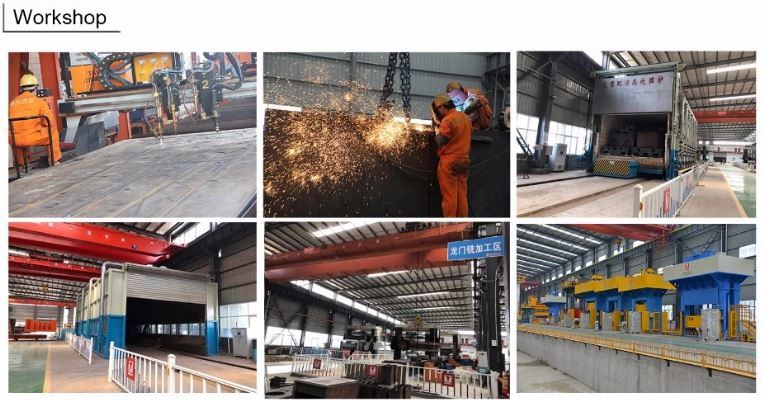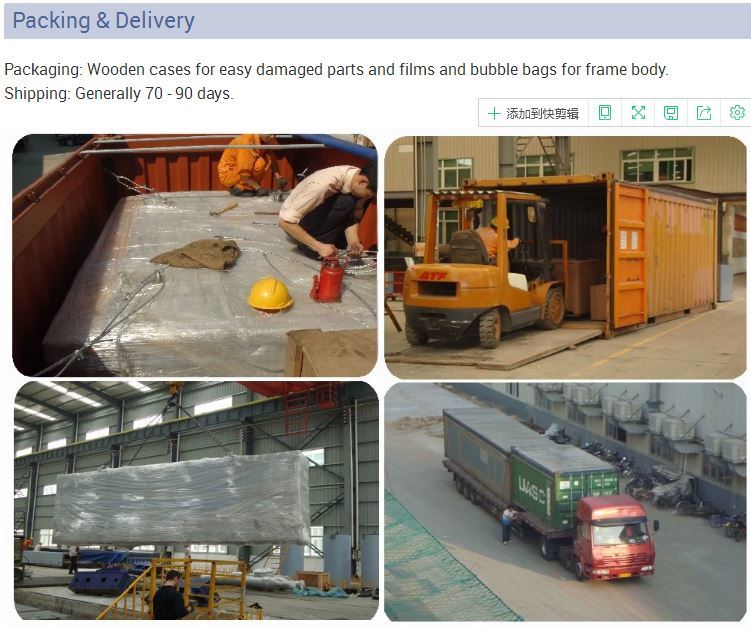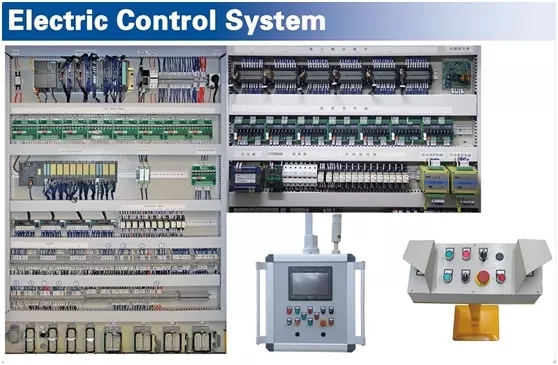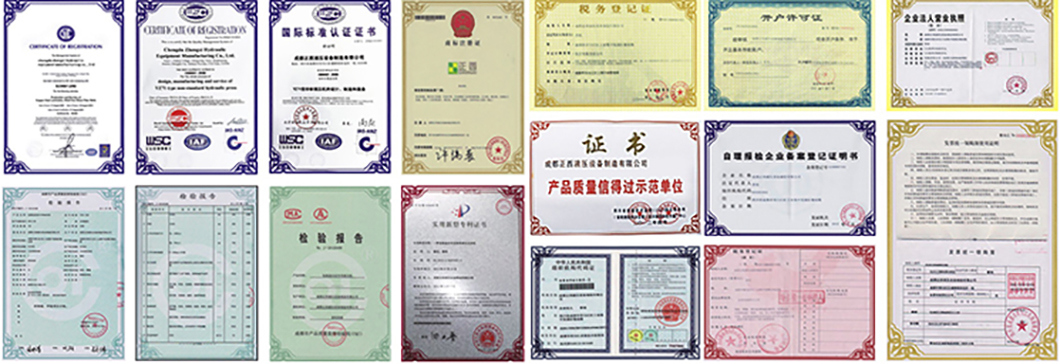Building a stainless steel product from the ground up involves a complex process that combines advanced technology, precision engineering, and meticulous craftsmanship. While stainless steel is widely used in kitchens, medical equipment, and industrial applications, many people are unaware of the detailed steps involved in its production. Understanding this process not only highlights the sophistication of modern manufacturing but also showcases how far we've come since the early days of the Industrial Revolution. 1) Material Handling The first step in the stainless steel manufacturing process is material handling. This involves using machines like uncoilers to hold and unwind metal strips safely. These machines ensure that the metal flows smoothly into the production line, controlling speed and direction for further processing such as slitting or tube mill entry. 2) Forming Once the material is ready, it undergoes forming operations. Stainless steel is often hot rolled to create various shapes like bars, sheets, and plates. The forming stage allows for the creation of semi-finished products that can be further processed into final goods. Bars are particularly versatile due to their availability in different grades and sizes, making them suitable for a wide range of applications. 3) Heat Treatment Heat treatment is crucial in improving the mechanical properties of stainless steel. Annealing furnaces are used to heat and cool the material in a controlled environment. This process relieves internal stress, enhances ductility, and prepares the steel for further shaping and finishing. Precise control over temperature and cooling rate is essential to avoid defects. 4) Descaling During heat treatment, a layer of scale forms on the surface of the stainless steel. This scale must be removed through processes like pickling, which uses chemical solutions to clean the metal. Descaling ensures the surface is smooth and free from impurities before moving on to the next stage. 5) Cutting and Punching In this step, the semi-finished and descaled stainless steel is cut into specific shapes. Mechanical cutting tools such as guillotine knives, blanking machines, and high-speed blades are used to shape the material. Additionally, holes for taps and overflow systems are created during this phase. 6) Finishing and Polishing The final step involves finishing and polishing the stainless steel to achieve a smooth, aesthetically pleasing appearance. Polishing machines are used to enhance the surface finish, making it easier to clean and more durable. This is especially important in sanitary applications where hygiene is a top priority. Hydraulic Press 4 Column Hydraulic Sheet Metal Deep Drawing This hydraulic press is designed to use hydrostatic pressure to shape various materials including metal, plastic, rubber, wood, and powder. It is commonly used in pressing, stamping, cold extrusion, bending, flanging, and other forming processes. The machine offers significant technical and economic advantages, such as reducing weight, minimizing parts and molds, and lowering production costs. SPECS of Yz33 Carriage Bolt,Screw Boltcrew Bolt,Carriage Bolts,Long Bolts Suzhou Chenran Precision Fasteners Co., Ltd. , https://www.chenranfastener.com
Model
Unit
Yz33-25T
Yz33-50T
Yz33-63T
Yz33-100T
Yz33-160T
Yz33-250T
Clamping Force
KN
250
500
630
1000
1600
2500
Working Layer
Qty
2~4
2~4
2~4
2~4
2~4
2~4
Piston Stroke
mm
180
250
250
250/250
250/250
500
Heating Platen Daylight
mm
90
125
125
125
125
125
Heating Platen Size
Left-right
mm
350
400
500
600
750
900
Front-back
mm
350
400
500
600
850
900
Heating Plate Power
KW
1.5
2.2
3
7.5
11
15
Motor Power
KW
7.2
9
10.8
33.75
45
45




Model NO.: Yz27
Advantage: High Cost Performance and High Production Efficiency
Controller: PLC (Programmable Logic Controller)
CNC or Not: CNC (Computer Numerical Control) Available
Trademark: ZHENGXI
Transport Package: Standard International Wooden Case or Iron Pallet
Specification: Set
Origin: China
HS Code: 84629190